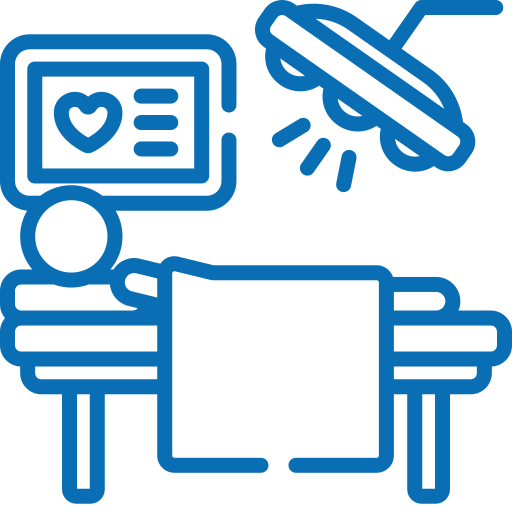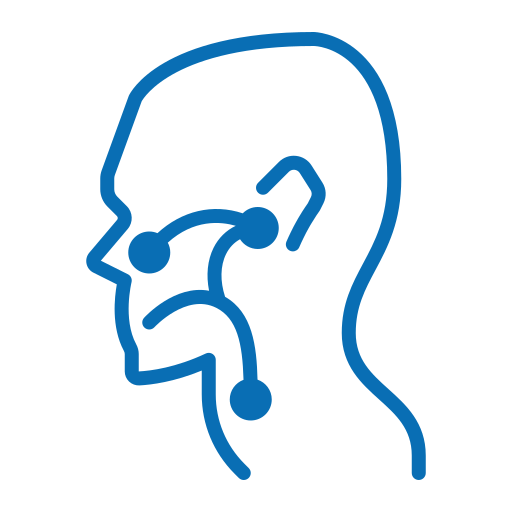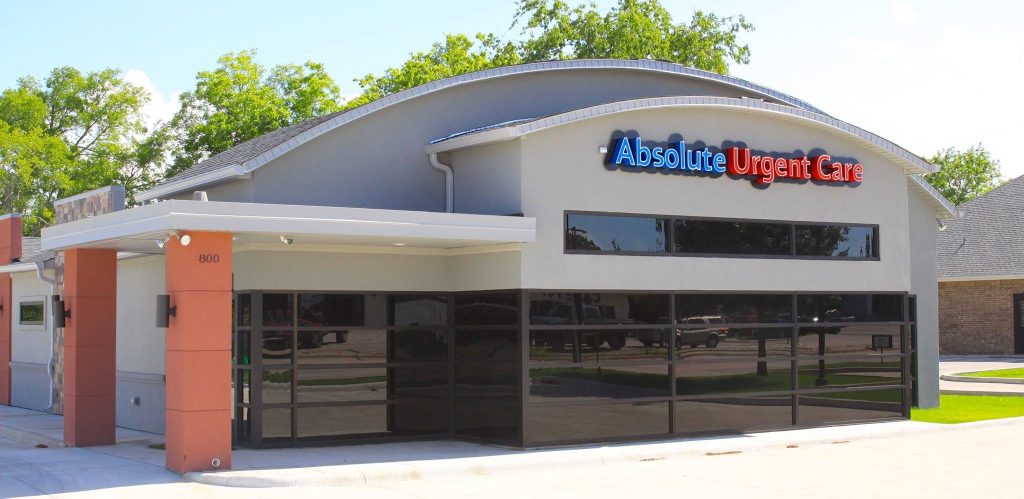Your reality revolves around your kidneys. It’s an agreement formed in the womb. Every time you eat, breathe and speak, the kidneys filter and balance out the fluids in the body and the blood pressure.
Nevertheless, there is a vast majority that never considered the significance of taking care of their kidneys until it is too late.
The renal system and its organs can develop problems which may go at first unnoticed due to the lack of visible complications until more severe ones build up. In an effort to prevent such toxic impacts, it is significant to have an understanding of the early signs that indicate there is an issue with the kidney. Similarly, visiting a doctor not only controls your condition but is also crucial for your overall health.
At Absolute Care, we prioritise your kidney care and always incorporate active and aggressive treatment options when we feel the need to assist you. One can expect some suggestions and treatment options in this blog to avoid any future threats to your kidney.
Why Is It Necessary To Keep An Eye On Kidney Health
Kidneys are the organs in charge of eliminating wastes to maintain the proper concentration of blood electrolytes along with hormones that also help in maintaining blood pressure and red blood cells. However, if the kidneys malfunction, there is an accumulation of wastes along with fluids which can be detrimental as it may lead to hypertension, heart issues as well as renal failure if not treated in time.
Chronic kidney disease (CKD) has sometimes been regarded as a ‘silent disease’ since the signs and symptoms tend to appear slowly and can only be identified once the disease has reached late stages. It is important to understand that kidney related issues pose an enormous risk to human life and must be identified and managed as soon as they arise.
On the bright side, it is worth mentioning that Absolute Care And Solutions does have doctors that know how to spot the early signs of these diseases and can help provide timely treatment and care for your entire wellbeing.
Diagnosing Renal Nerve Denervation With Chronic Kidney Disease
Carrying out structural repairs of kidneys for such cases entails managing other infections as well and it can either be a fully developed condition or one that is just starting to appear. The types include:
- Chronic Kidney Disease (CKD): When kidneys gradually begin to fail and blood filtration is affected negatively over time.
- Acute Kidney Injury (AKI): A condition associated with a severe drop of kidney function which could be due to severe infection, causes tissue dehydration or damage.
- Kidney Stones: Stones that are created due to compacting of mineral and salts that are produced inside the kidneys. This might lead to extreme discomfort while using the urinary tract.
- Urinary Tract Infections (UTIs): This consists of infections that originate in the urinary system and when not treated, can result in infection in the kidneys – pyelonephritis.
- Polycystic Kidney Disease (PKD): This is an anomaly that runs in families whereby cysts in large numbers develop in the kidneys and over time lead to suffering from chronic kidney disease.
Factors Which Should Be Considered as Kidney Problems Warning Signs
One needs to ensure that they pay keen attention to factors that would indicate if they are suffering from kidney problems as these develop stage by stage. Following are a few of the factors which if noticed should be reported immediately and not ignored:
1. Noticing a Difference in Volume of Urine Output
Urinary changes are some of the first disturbances that can be realised however many ignore it. These include:
- Less Urine Volume: If you have observed a significant decrease in the how much urine is produced and or if the process of urination becomes hard, it is possible your kidneys are failing to filter waste accurately.
- Increased Urine Output: A significant increase in urine output, especially at night which is also referred to as nocturia can also be an indication of kidney problems.
- Foamy Urine: Urine that has a frothy or bubbly appearance is often as a result of protein found in the urine, which indicates kidney damage.
- Blood in Urine: Blood in the urine signs are urine that has tints of red or brown. This could be an indicator of traces of blood in the urine which points to kidney stones, infection or other kidney disease.
Any changes in the colour, frequency, or consistency of urine should always be assessed by a healthcare professional. In case you see any of these signs, you should consult the doctor in time.
2. Swelling in the Legs, Ankles, or Feet
If the kidneys aren’t doing their job properly, one can hold excess fluid in the body. The skin on the knees, ankles, and even feet can swell because of water retention. This water retention is due to the kidneys struggling to expel the excess fluid within the body.
Note if the legs, ankles or feet are puffed up as this is a sign of possible kidney problems. Eye oedema can also be one of the signs as well, especially in the case of concealing conditions such as nephrotic syndrome.
3. Weakness, tiredness and fatigue
At times, a person may simply feel tired without doing a single thing. This feeling may sometimes stem from the kidneys not functioning up to the expected level. When the kidneys start failing the toxins in the body start increasing and therefore fatigue is normal, and this is uremia. At times when people who should be energetic instead feel tired and unmotivated, this condition should set off some alarm bells.
It is equally important to understand that while feeling tired is annoying and should be taken note of, muscle soreness as well as the inability to focus can also be warning signs. The human body requires maintenance; if it has had a long night but still feels weak then going to a doctor should be on the cards.
4. Swelling
If there are issues surrounding the kidney, one of the signs can be having itchy arms and legs that are constantly being irritated. One reason can be that when the kidney is not working at its best, there is an influx of substances such as urea in the blood. The combination of kidney and skin issues can leave a person with an unsatisfactory quality of life.
It’s important to pay extra attention to itchiness, especially if it is accompanied by other symptoms related to the kidney.
5. Shortness of Breath
Fluid congestion in the kidneys, which can cause breathing issues, is one of the difficulties caused by kidney dysfunctions. Further, those suffering from kidney disease are often found to be anaemic, making it difficult to supply oxygen in the bloodstream. This results in feeling short of breath even when performing normal tasks and activities.
In case you experience excessive shortness of breath even with a little physical activity, or twist and turn while sleeping making breathing difficult, it is recommended to visit your healthcare professional immediately.
6. High Blood Pressure
Apart from causing lung swelling, fluid imbalance also leads to hypertension; however, hypertension itself eventually causes further fluid imbalance, creating a deadly cycle. Another key point to be noted is that due to kidney damage there is a lack in testosterone production in the body, causing further increase in blood pressure levels.
Kidney problems can also be recognized by high blood pressure, along with cardiovascular diseases, which when ignored deteriorate one’s health. For further prevention as well as management, constant monitoring of blood pressure is essential in this case.
7. Nausea and Vomiting
Due to the overwhelmed kidneys, a sense of nausea and vomiting can be common. Symptoms mentioned above can coincide with other kidney problems such as the presence of kidney stones, rupture of kidney, or the infection which is more acute in form. Loss of appetite on a general level is also regarded as one of the common symptoms which further leads to significant weight loss.
It is strongly advised that one should consult a doctor if such symptoms are observed because of the potential chances of kidney diseases that could be misdiagnosed.
8. Pain in the Lower Back or Side
Someone suffering from a renal disorder, either due to kidney stones or an infection, might possibly complain about radiating tension that may affect the lower back or side of the abdomen. This tension might present as a slight ache or a sharp piercing sensation that cuts through the skin enough to indicate that something is wrong internally.
In certain cases, pain on one side of the body may appear and disappear in the lower abdomen, which then affects the lower back. The previously mentioned factors are a sign that the kidneys may be functioning less than they should.
A few other possibilities can also be taken into account, including pain emerging from the lower back towards the lower abdomen or groin; if this pain is very persistent, then it might indicate a kidney stone or a kidney infection (pyelonephritis), which in such cases would advise seeking medical care within an appropriate time frame.
Medical Attention: How and When to Get Help
So when do you know that a simple ailment may turn out to be more than just an everyday problem? There are a few signs that you should always watch out for and if they arise, then it’s best to seek medical assistance. Here are some early warning signs that indicate the failure of the kidneys may be worsening:
Diarrhoea or vomiting could easily overwhelm your body, or even blood in your urine could occur. Normally, such symptoms may not seem serious, but they indeed forewarn of failing kidneys or signs of heart attacks. At any point, if you notice any of these signs, seek medical assistance as early as possible.
Multiple Physicians at AUC
There are multiple physicians at Absolute Urgent Care, and they can assist you with all the problems related to your kidneys. Not only that, they would also run a few tests and help you recover. Depending on the symptoms and their severity, there is quite a bit of treatment available, and seeking early intervention is crucial to ensure that your problems do not worsen.



















